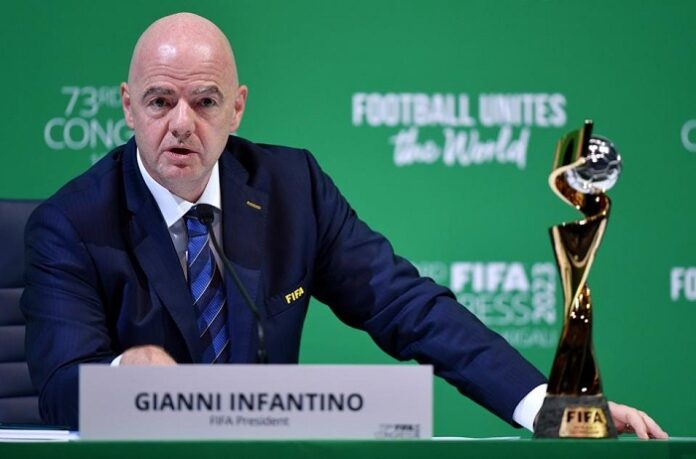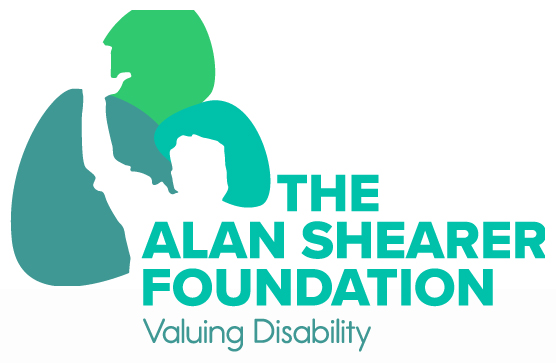The recent announcement of a joint bid by Australia and Saudi Arabia to host the Women’s World Cup in 2023 has sparked controversy and criticism from various corners. FIFA President Gianni Infantino was one of the prominent voices that spoke out against the decision, saying that it was not in line with FIFA’s principles of promoting women’s football.
In a statement, Infantino expressed his disappointment at the news, saying that he was “surprised and disappointed” by the announcement. He also called for greater support for women’s football and urged FIFA to take a more proactive approach to promoting the sport.
The decision has also angered the Australian women’s national team, the Matildas, who have spoken out against the joint bid. The Matildas have been vocal in their criticism of Saudi Arabia’s human rights record and have called for FIFA to take a stand on the issue.
According to a report in The Guardian, the Matildas have also expressed concerns over the potential impact of playing in a country where women’s rights are restricted. They have pointed out that in Saudi Arabia, women are not allowed to attend football matches or participate in sports.
FIFA president Gianni Infantino slams Australia over Saudi World Cup deal that infuriated Matildas pic.twitter.com/Oz1zbnHw9z
— The Hitman Tipster (@hitman_tipster) March 17, 2023
The decision to award the Women’s World Cup to Australia and Saudi Arabia has also been criticized by various human rights organizations. Amnesty International has called on FIFA to ensure that human rights are respected in the countries hosting the tournament.
In a statement, Amnesty International said, “FIFA has a responsibility to ensure that the Women’s World Cup is not used to whitewash the human rights records of countries that have systemic discrimination against women.”
The controversy surrounding the Australia-Saudi Arabia bid highlights the challenges faced by FIFA in promoting women’s football while also dealing with issues such as human rights and political pressure. As the global governing body of football, FIFA is tasked with ensuring that the sport is played in a fair and safe environment for all participants.
However, FIFA has often been criticized for its handling of these issues, with some accusing the organization of prioritizing profits over principles. The decision to award the Men’s World Cup to Qatar in 2022, for example, has been heavily criticized due to concerns over human rights violations and the treatment of migrant workers in the country.
In recent years, FIFA has taken steps to address these issues and promote women’s football. The organization has introduced new regulations aimed at improving the welfare of players, including the introduction of mandatory rest periods and improved medical standards.
FIFA To Triple Women’s World Cup Prize Money
Prize money at the upcoming Women’s World Cup in Australia and New Zealand will be triple that of the last edition in 2019, FIFA president Gianni Infantino announced on Thursday, as he also revealed Saudi Arabia’s tourist board would pic.twitter.com/xzYfCEcubE
— Punch Newspapers (@MobilePunch) March 16, 2023
FIFA has also launched a Women’s Football Strategy aimed at increasing participation in the sport and promoting gender equality. The strategy includes initiatives such as the development of a women’s football leadership program and the creation of a FIFA Women’s World Cup Fund to support the growth of women’s football around the world.
The controversy surrounding the joint bid by Australia and Saudi Arabia to host the Women’s World Cup highlights the challenges faced by FIFA in promoting women’s football while also dealing with issues such as human rights and political pressure.
While FIFA has taken steps to address these issues, more needs to be done to ensure that the sport is played in a fair and safe environment for all participants.
The organization must continue to prioritize the promotion of women’s football and work to ensure that the Women’s World Cup is not used to whitewash the human rights records of countries with systemic discrimination against women.




